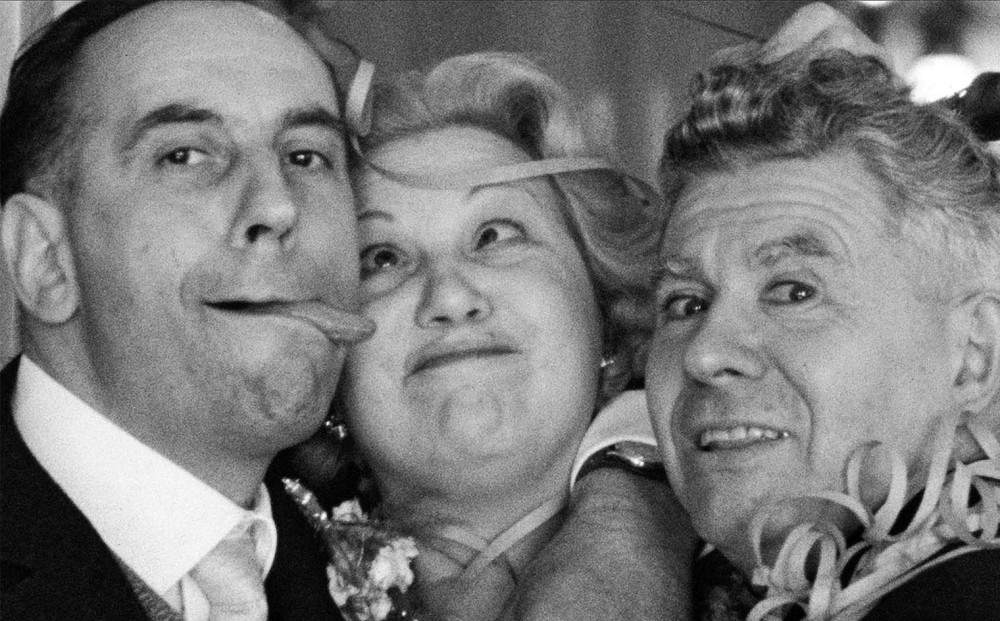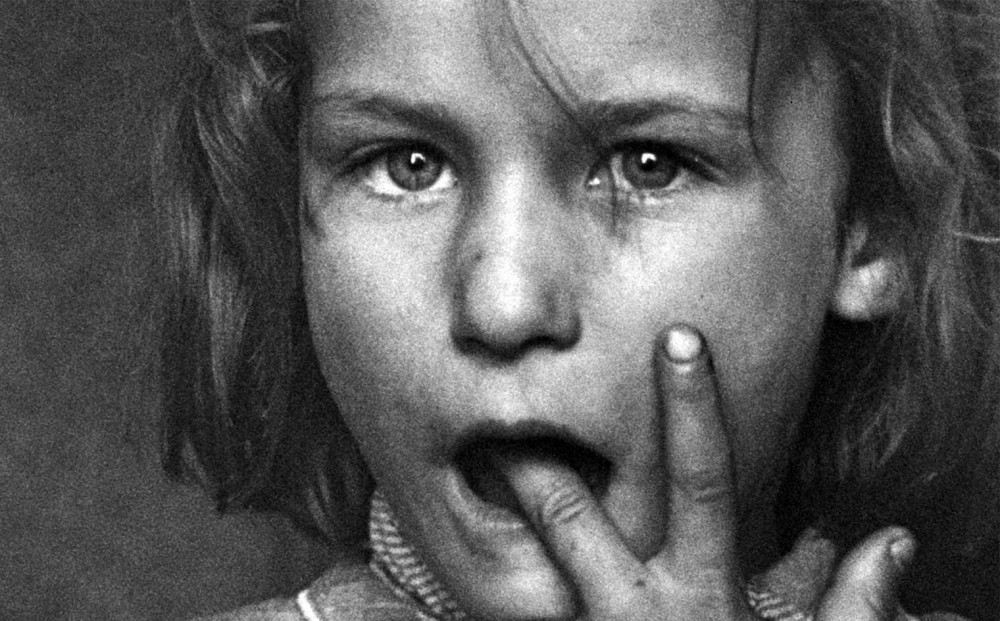LE JOLI MAI
7:50
Saturday, February 3
Directed by Chris Marker and Pierre Lhomme
(1963) In May 1962, the Evian accords ended the Algerian war, with the head of the OAS, the terrorist group determined to bring down De Gaulle, successfully brought to trial — and France was without war for the first time in decades. Chris Marker and DP and co-director Pierre Lhomme (legendary cinematographer of Melville’s Army of Shadows, Eustache’s The Mother and the Whore, etc. etc.) shot over 55 hours of footage to document this watershed in French life, interviewing the theater seamstress who enjoys dressing up her cats in bizarre costumes; the suit salesman who thinks only of money, which then allows him to buy … more suits!; the lovers of the Moustaffa quarter, reluctant to move from the place they’ve known their whole lives; the mother of eight, ecstatic to move from her single room to a three-bedroom apartment. Ultimately, after scenes of police riots and strikes, the three meatiest interviews come back to back in the second half: a young African student who doesn’t have a single white friend; the ex-priest union activist explaining how he now has no time for spirituality; and an unemployed Algerian worker who says he’ll never return to his native country. France’s greatest screen essayist here keeps Simone Signoret’s English narration at the beginning and end, sticking to some of the greatest examples of cinéma vérité in a particular place and time. DCP. Approx. 166 min.
Reviews
“Whereas Chris Marker’s short 1962 masterpiece La Jetée found ways to make postnuclear Paris seem ruined, Le Joli Mai (filmed at roughly the same time) collects raw footage of the metropolis and warps it into futurism: buzzing radio towers, wailing sirens and the soft-spoken English-language narration of Simone Signoret, wondering what it would be like to return ‘after a long absence.’”
– Joshua Rothkopf, Time Out
“Faced with Rouch’s label ‘cinéma vérité,’ Marker is credited with promptly rephrasing it as ‘ciné, ma vérité’ (cinema, my truth).”
– Catherine Lupton
“What distinguishes the film most is its wit, both verbal and visual… Simultaneously illuminating and funny!”
– Geoff Andrew, Time Out (London)
“Both a tender portrait of a city and an indictment of a way of life... This idiosyncratic verité portrait of 1962 can be considered a direct springboard to the militant cinema of 1968. One may contains the seeds of another.”
– Sam Di Iorio, Film Comment


